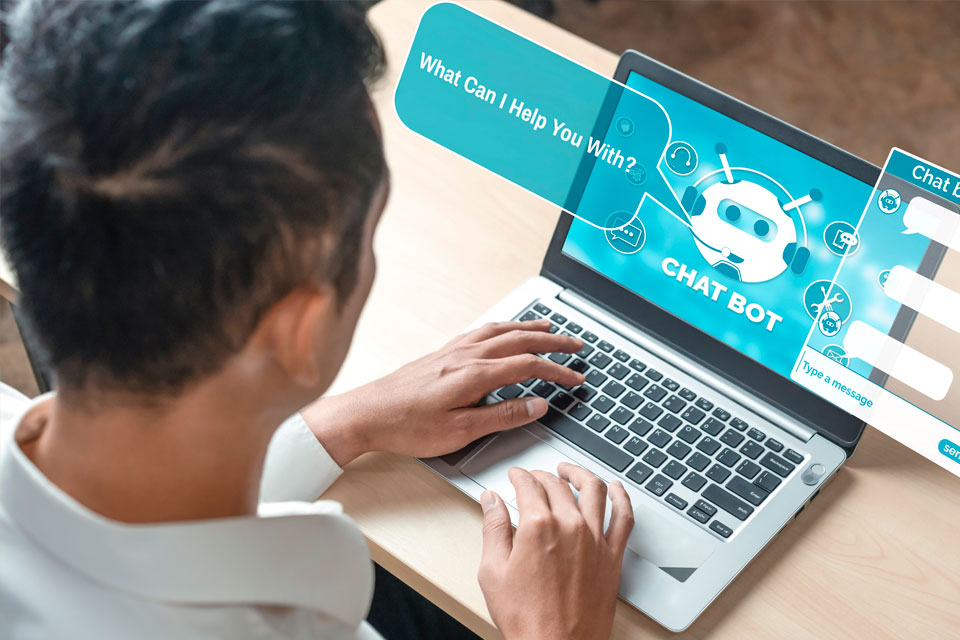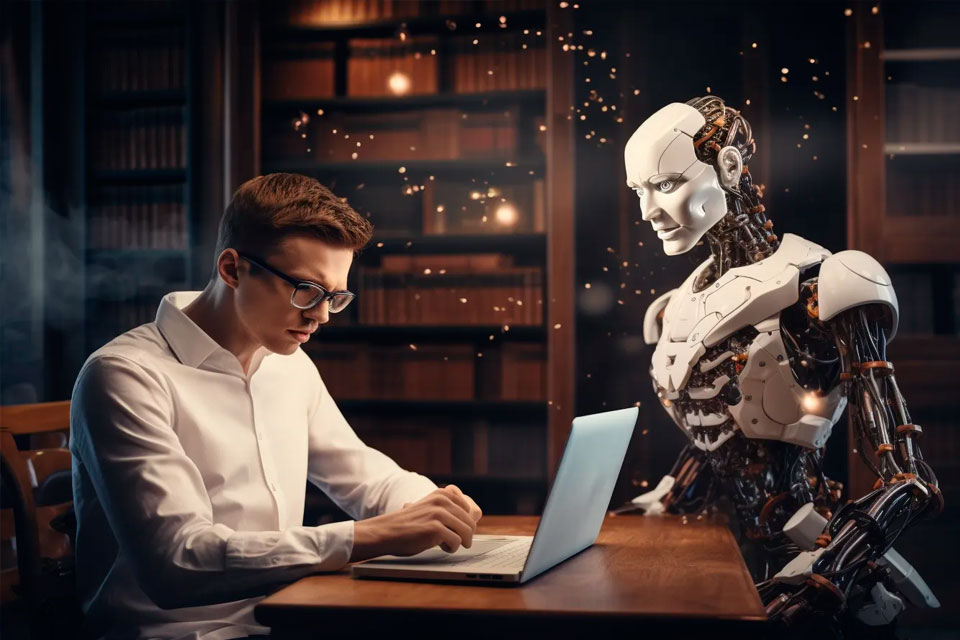Introduction
Education is undergoing a massive transformation. Traditional classrooms are evolving, online learning is booming, and artificial intelligence is becoming part of everyday study life. One of the most exciting developments is the rise of AI tutors and chatbots — intelligent systems designed to personalize learning, answer questions instantly, and support students 24/7.
But can AI really replace or complement teachers? Let’s explore how AI tutors and chatbots are shaping the future of education, their benefits, limitations, and what students can expect in the coming years.

What Are AI Tutors and Chatbots?
AI tutors are digital systems powered by artificial intelligence that can explain concepts, give personalized feedback, and adapt lessons to individual needs. Chatbots are conversational assistants that answer questions, provide guidance, and simulate interaction with a teacher. Both are designed to make learning more accessible and engaging.
Benefits of AI Tutors and Chatbots
1. Personalized Learning
Unlike traditional classrooms where one teacher works with many students, AI tutors adapt to individual progress. They identify weak areas, suggest exercises, and adjust the difficulty level, helping students learn at their own pace.
2. 24/7 Availability
Students often need help outside classroom hours. Chatbots are available day and night, answering questions instantly. This continuous support ensures that learning doesn’t stop after school.
3. Instant Feedback
Instead of waiting days for teachers to check assignments, AI tutors provide instant feedback. This helps students correct mistakes immediately and reinforces learning.
4. Cost-Effective Education
While private tutors can be expensive, AI-powered systems are more affordable and scalable. They bring quality education to more students worldwide, regardless of location.
5. Increased Engagement
Gamification, interactive quizzes, and real-time conversation make learning more fun. For many students, AI systems feel less intimidating than asking questions in front of a class.
Challenges and Limitations
- Lack of human empathy: AI can’t fully understand emotions or provide moral support like a real teacher.
- Over-reliance on technology: Students may become dependent on AI instead of developing independent problem-solving skills.
- Data privacy concerns: AI systems require large amounts of student data, raising questions about security and ethics.
- Quality variations: Not all AI tutors are equally accurate; poorly designed ones may provide misleading information.
The Future Outlook
Experts predict that AI tutors won’t replace human teachers but will complement them. Teachers will act as mentors and motivators, while AI handles repetitive tasks like grading, drilling exercises, and answering common questions.
In the near future, schools may integrate AI-powered platforms that create custom study paths, monitor student progress in real time, and even adjust teaching styles. Students worldwide could access top-quality education at low cost, narrowing the global education gap.
Conclusion
AI tutors and chatbots represent the future of education — not as replacements for teachers but as powerful assistants. They make learning more personalized, accessible, and engaging while freeing teachers to focus on creativity and mentorship.
For students, this means more flexibility, faster feedback, and endless opportunities to grow. The future classroom may not be limited to four walls but extended into your laptop or smartphone, powered by AI.

